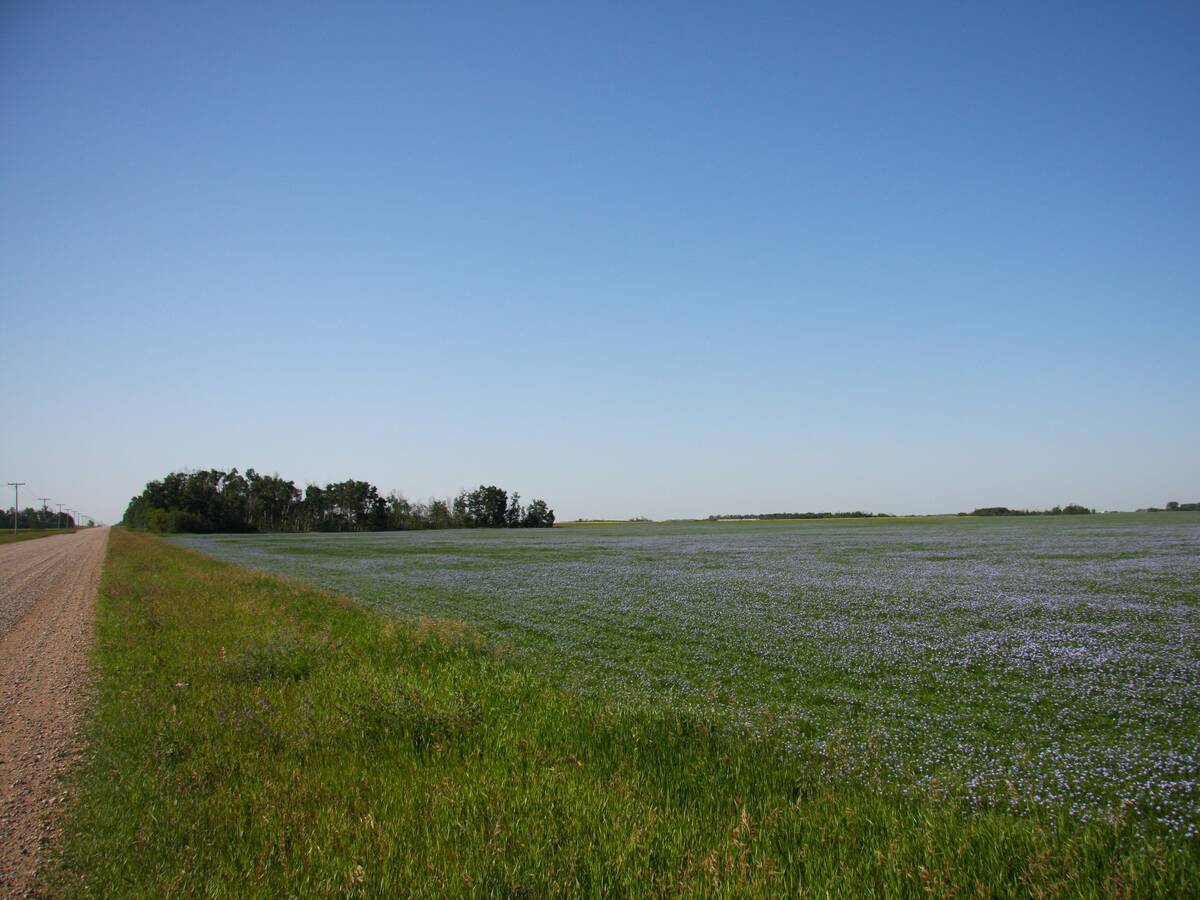Canada’s agricultural co-operatives received a political Christmas gift this year when the influential House of Commons finance committee endorsed a co-op proposal for a change in federal tax laws to encourage member investment.
The committee embraced co-op sector solutions with a clear acknowledgement that the federal finance department opposes the proposal. It said finance minister Ralph Goodale should defy the advice of his department.
The committee recommended several days before Christmas that Goodale include in his 2005 budget some co-op friendly measures:
- An income tax deferral for patronage dividends if farmers keep the money in their co-op as capital.
Read Also

Farmland advisory committee created in Saskatchewan
The Saskatchewan government has created the Farm Land Ownership Advisory Committee to address farmer concerns and gain feedback about the issues.
- Creation of a co-operative investment plan offering a tax break for member investments in their co-op.
The committee also recommended that the finance department study other tax and non-tax measures that would help co-ops attract capital.
It was what co-op leaders wanted to hear. When they gathered on Parliament Hill in early December to plead their case, they said local co-ops, including beef packing ventures, often are the only hope for local agricultural activity but it is difficult to raise money to compete with private companies.
Pierre Gauvreau, chief executive officer of CoopŽrative FŽdŽrŽe de QuŽbec, told MPs in December the sector needs “a little support” to raise capital.
He asked that income tax on dividends be deferred as long as the money is reinvested in the co-op and that a “registered co-operative investment plan” be created that would give a tax break to co-op members or others who want to invest in a co-op.
“We believe that it would cost the Canadian government somewhere between $18 and $20 million per year,” he said.
“Through its leverage effect and its complementarity with other funding sources, these sums would enable agricultural co-operatives to invest several hundred million dollars in the country’s regional economy.”
The finance committee agreed, despite contrary arguments by the finance department.
“While the department suggested that other non-tax measures might be considered, we believe that the proposal made by the agricultural co-operative sector should be implemented immediately and that other non-tax measures that would assist the sector in meeting its capitalization needs should also be considered,” said the committee report tabled with the House of Commons Dec. 21.
The department view is that the tax break asked for by co-ops would give them an unfair advantage over other small businesses. The co-op investment tax break would provide a tax credit for investments in co-ops “that would not be available to other businesses. Large co-operatives might benefit more than small businesses.”
Co-op leaders said the requirement that patronage dividends be considered income subject to tax means most members cannot afford to leave their money in co-ops.
They said the cost in lost tax revenues for the changes they recommended would be no more than $20 million annually but would leverage hundreds of millions of dollar in co-op investment and ultimately be captured by the federal government when members retired and withdrew their equity.
The finance department appeared to agree with the cost but did not acknowledge the later payback. The co-op proposal would cost the federal treasury $100 million over five years, finance officials told the committee.
Goodale’s budget this winter will determine whether the co-op or departmental argument won the day.














